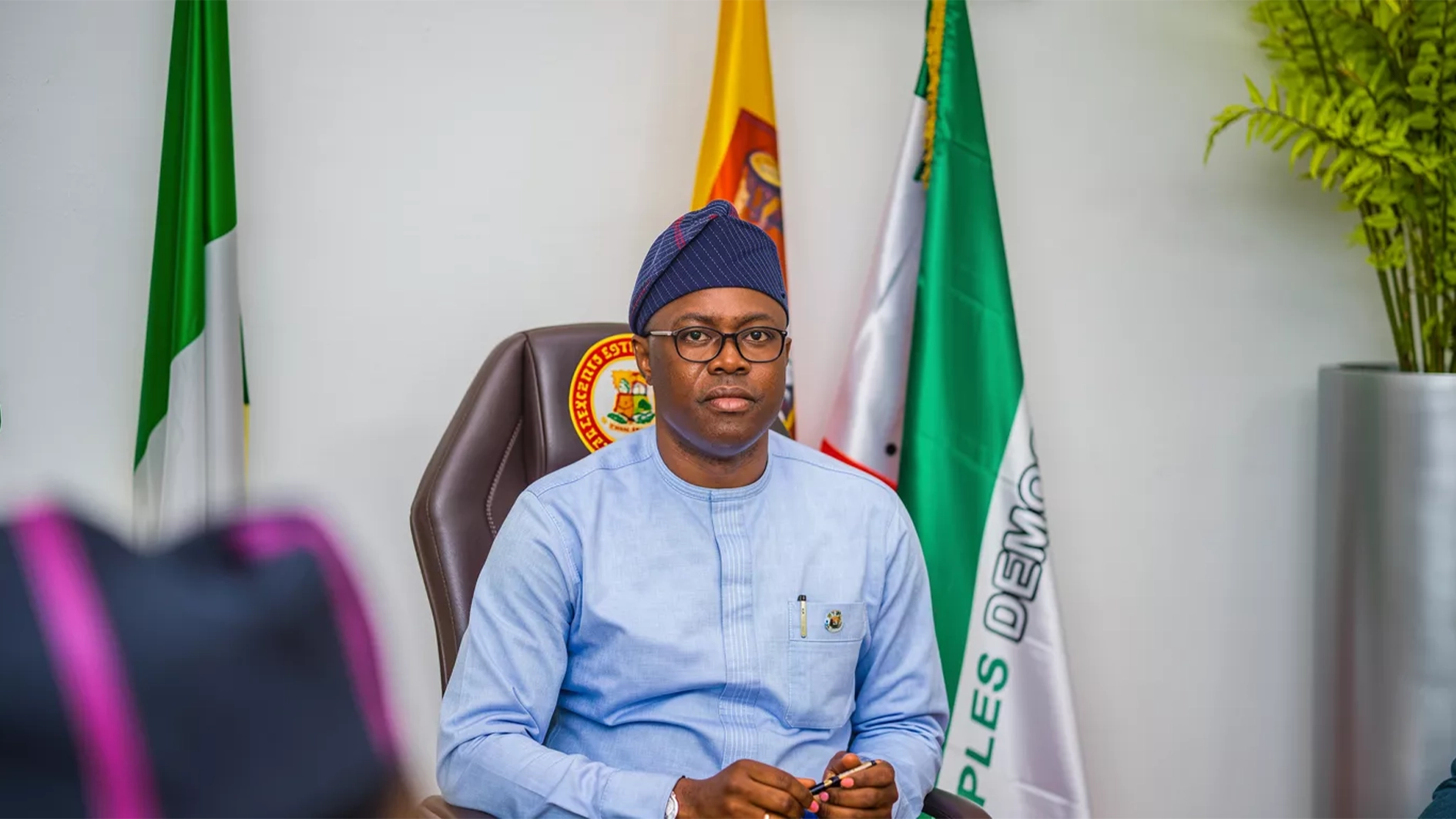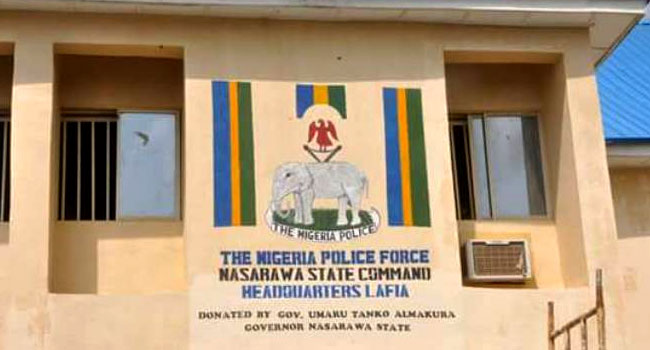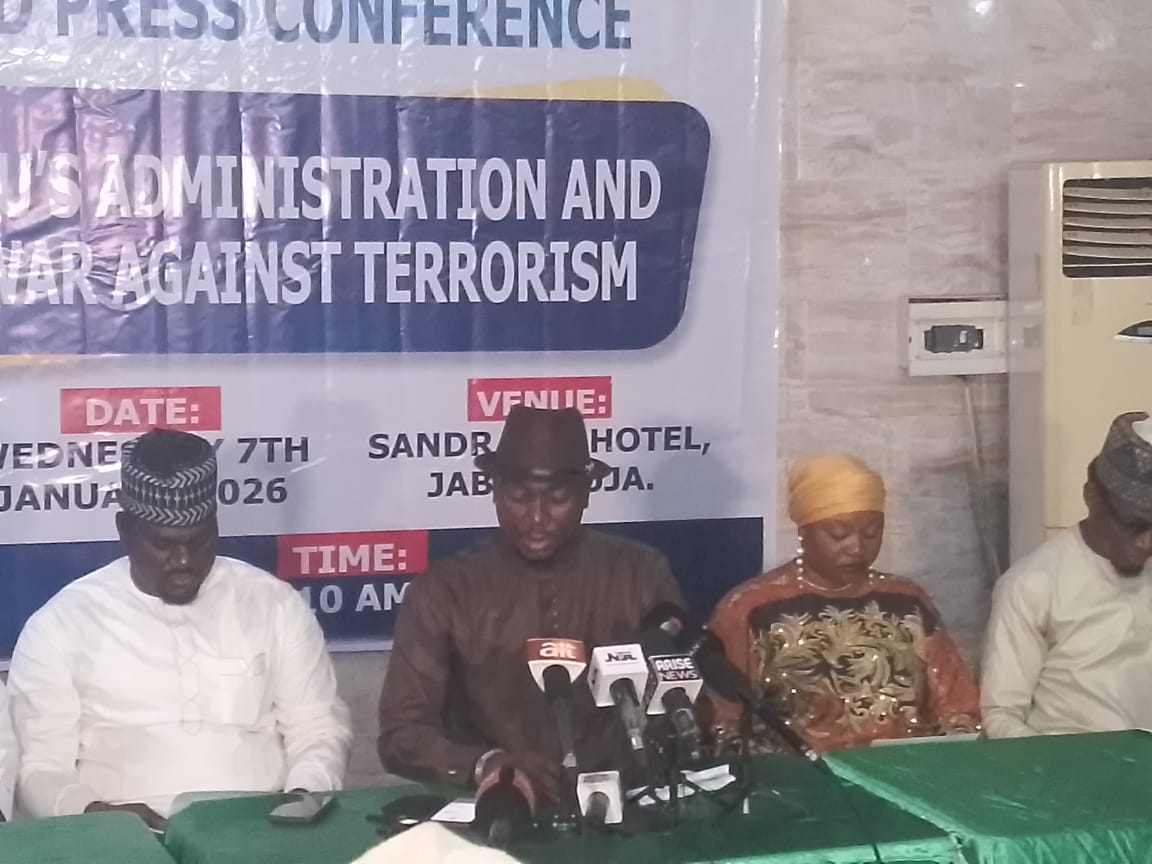The House of Representatives has clarified that its decision to enter an executive (closed-door) session on Tuesday had no connection with the motion being debated on remarks credited to United States President Donald Trump about alleged Christian genocide in Nigeria.
The lower chamber said the executive session was necessitated by protests staged by indigenous contractors who barricaded the National Assembly complex over unpaid debts.
Deputy Speaker Benjamin Kalu, who presided over plenary, had called for the executive session midway through a debate on a motion relating to Trump’s comments on Nigeria, which has caused controversy across the country.
Prior to the closed-door meeting, the House witnessed a rowdy session which led to suspension of debate of various motions.First, was the disagreement over which committee should investigate alleged irregularities in the management of the Lagos International Trade Fair Complex.When the motion to debate the recent comments by Trump declaring Nigeria a “country of particular concern”, came up, lawmakers shut it down, after deputy speaker, Benjamin Kalu who presided over the plenary asked that the motion be seconded to be taken as a matter of urgent national importance.
It was at this point Kalu directed that the lawmakers moved into an executive session. Shortly after the session, the House suspended plenary for one week following the contractors’ blockade that disrupted proceedings.
The protest, led by local contractors demanding payment for verified projects under the 2024 and 2025 budgets, forced many lawmakers and staff to struggle to access the complex.The contractors vowed to continue their demonstration for seven days until their demands were met.Addressing journalists after the plenary, House spokesperson, Akin Rotimi, said the leadership deemed it necessary to go into a closed session to address the growing tension within and outside the National Assembly, especially the unrest caused by unpaid contractors.
He said: “As you know, the plenary today started very well and we’ve been going through the normal proceedings when the leadership today presided over by Deputy speaker, Benjamin Kalu and he figured out that it seemed there had been some restiveness during the session on which he thought in his wisdom had to be addressed, in an executive session.
“So at the point in time when he called for the executive session, the substantive motion which was being debated was on the issue that we know is currently a national discourse, the issue of the Trump presidency making certain statements which is being debated at this time.
“We know the presidency is making very high level engagements and we don’t take it lightly. So the fact that we dissolved into an executive session had no bearing on the substantive case which was being debated, just to make that clear.”I believe that the House would perhaps have an opportunity to revisit that issue in due course.
“He explained that the discussions during the executive session were bipartisan and focused on finding solutions to the delayed release of funds for capital projects, which has affected communities across the country.
Rotimi, who commended the press for their professionalism in reporting parliamentary affairs, urged the media to avoid misinterpretation of Tuesday’s events, stressing that there was no conflict between the legislature and the executive.






